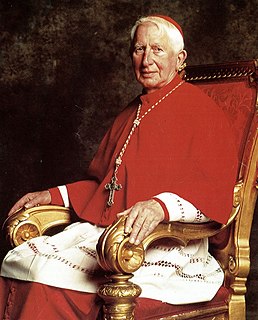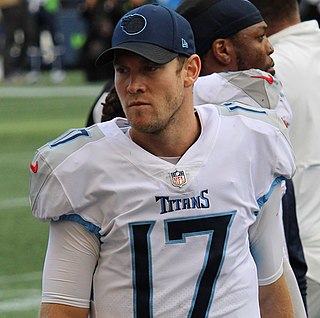A Quote by Tullian Tchividjian
There's nothing like suffering to remind us how not in control we actually are, how little power we ultimately have, and how much we ultimately need God.
Related Quotes
Nothing like one honest look, one honest thought of Christ upon His cross. That tells us how much He has been through, how much He endured, how much He conquered, how much God loved us, who spared not His only begotten Son, but freely gave Him for us. Dare we doubt such a God? Dare we murmur against such a God?
We try to evade the question of existence with property, prestige, power, possession, production, fun, and, ultimately, by trying to forget that we- that I- exist. No matter how much he thinks of God or goes to church, or how much he believes in religious ideas , if he, the whole man, is deaf to the question of existence, if he does not have an answer to it, he is marking time, and he lives and dies like one of the million things he produces. He thinks of God, instead of experiencing God.
Am I a pessimist? Not at all. I am convinced that the history of the human race, no matter how tragic, will ultimately lead to the Kingdom of God. I am convinced that all the works of humankind will be reintegrated in the work of God, and that each of us, no matter how sinful, will ultimately be saved.
To some, the image of a pale body glimmering on a dark night whispers of defeat. What good is a God who does not control his Son's suffering? But another sound can be heard: the shout of a God crying out to human beings, "I LOVE YOU." Love was compressed for all history in that lonely figure on the cross, who said that he could call down angels at any moment on a rescue mission, but chose not to - because of us. At Calvary, God accepted his own unbreakable terms of justice. Any discussion of how pain and suffering fit into God's scheme ultimately leads back to the cross.
We may feel bitterly how little our poems can do in the face of seemingly out-of-control technological power and seemingly limitless corporate greed, yet it has always been true that poetry can break isolation, show us to ourselves when we are outlawed or made invisible, remind us of beauty where no beauty seems possible, remind us of kinship where all is represented as separation.
Remembering that God is my source, we are in the spiritual position of having an unlimited bank account. Most of us never consider how powerful the creator really is. Instead, we draw limited amounts of the power available to us. We decide how powerful God is for us. We unconsciously set a limit on how much God can give us or help us. We are stingy with ourselves. And if we receive a gift beyond our imagining, we often send it back.
Why God should want and need us is a mystery. But it is true: otherwise he would not have created us and life would ultimately have no meaning for us. It is good to remember that in God the is a constancy, a consistency of attitude which never changes, irrespective of what we are or how we act: he never changes in is wanting us or needing us.



































